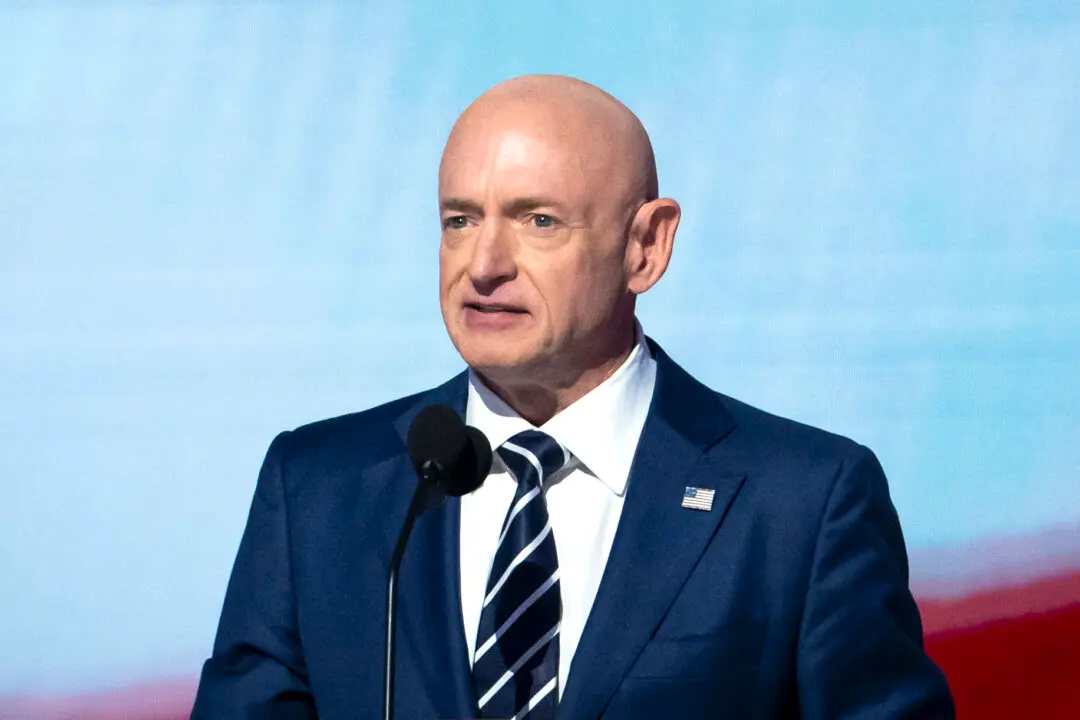U.S. District Judge Beryl Howell on May 19 blocked President Donald Trump’s administration from restructuring the U.S. Institute of Peace (USIP), replacing its leadership, and assuming control of its office building.
“These unilateral actions were taken without asking Congress to cease or reprogram appropriations or by recommending that Congress enact a new law to dissolve or reduce the institute or transfer its tasks to another entity,” Howell stated in her written opinion.





